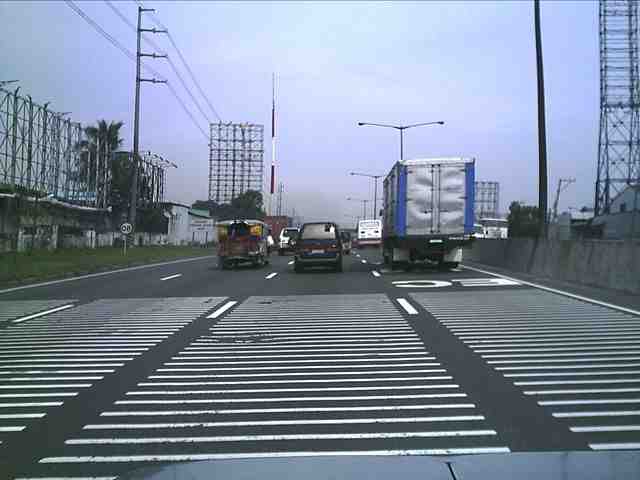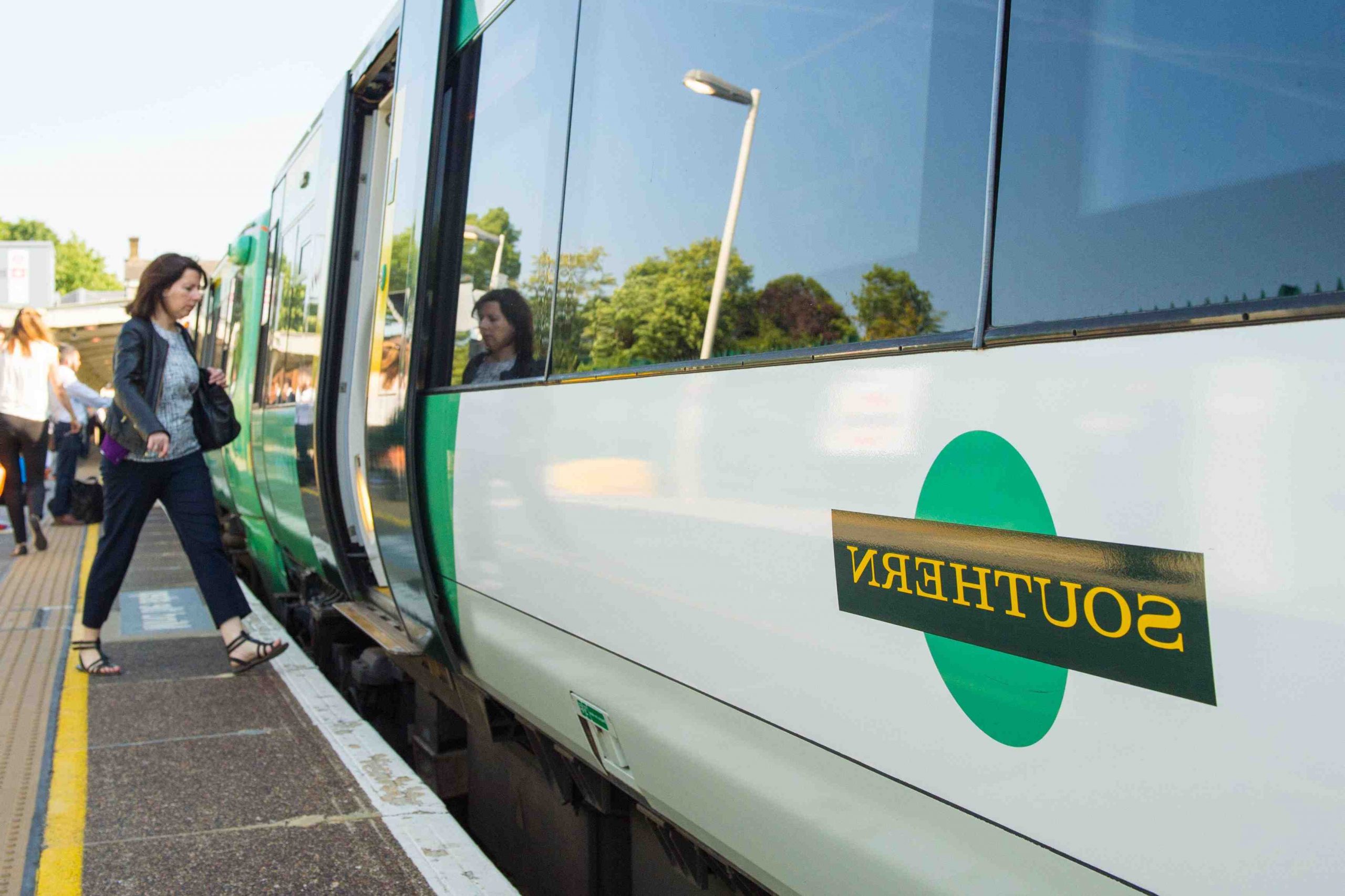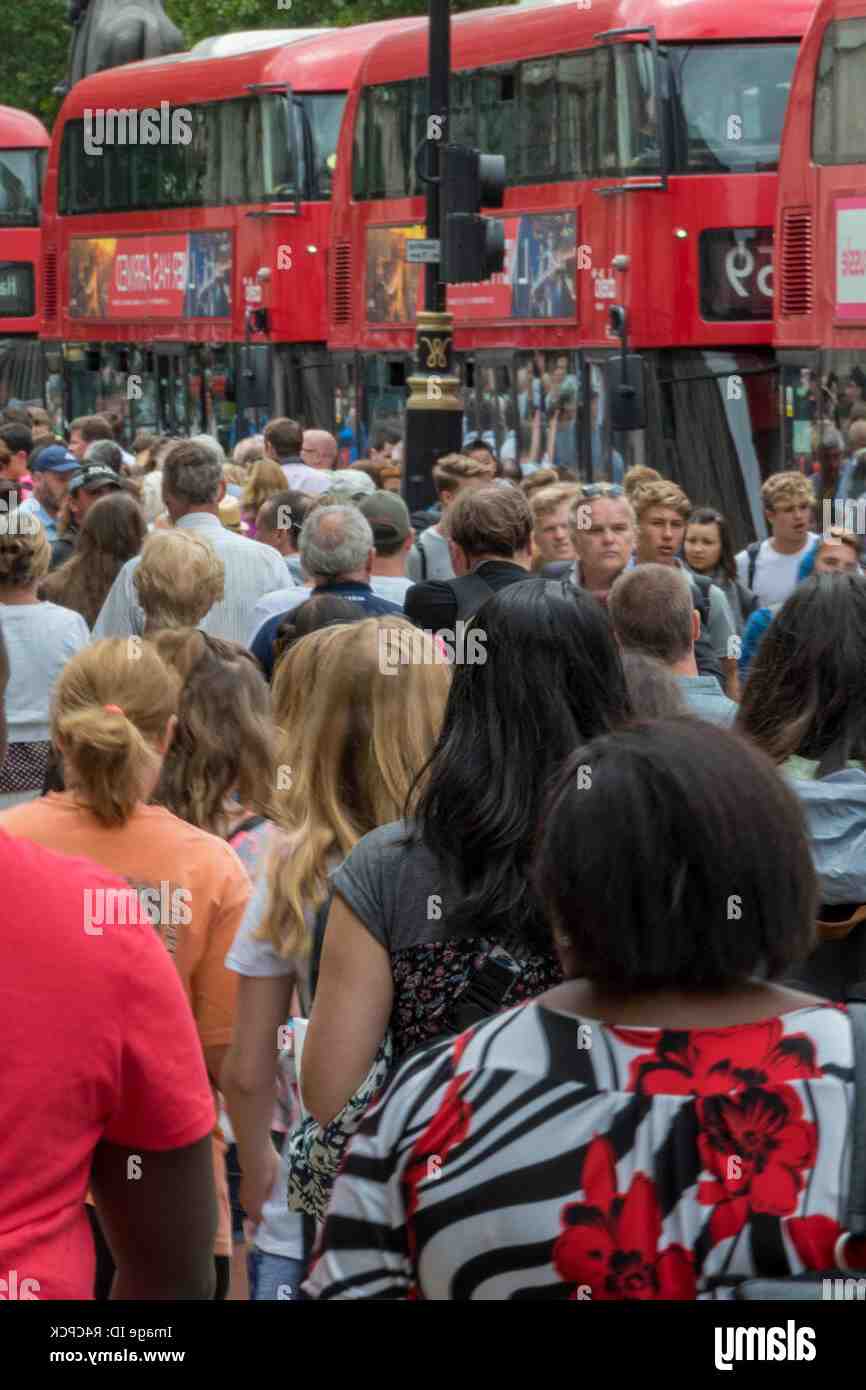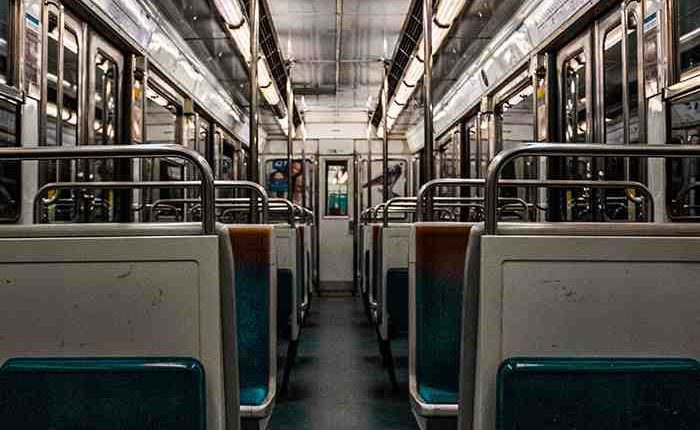Tom EdwardsTransport correspondent, London @ BBCTomEdwardson Twitter
London has already faced three 24-hour Tube strikes this year
The airport strike is bad enough in itself, but combine it with the rail strike and you can see why it is expected to be the biggest strike since 1989.
Disorders this week will be big. So why are there strikes?
At the heart of both these disputes is a government that wants both Transport for London (TfL) and Network Rail to change and make savings.
This will include cuts and changes in work practices.
Why are savings needed? The government says the impact of the pandemic means transport needs to be reshaped to face the new reality.
Rail

The government claims a wider shift to work from home has resulted in about “25% less ticket sales” on trains.
It also states that taxpayers had to step in to keep the railways running at a cost of £ 16bn, the equivalent of £ 600 per household ”.
However, the railway modernization program is not new and has been going on for many years.
Just look at what the government tried to do at Southern Trains in 2016 by removing the guard and forcing the driver to close the door.
There were many, many strikes, and in the end the passengers could not rely on Southern for service.
Other traffic commentators also say the reduction in passenger numbers is red herring, with numbers returning somewhere close to pre-pandemic levels.
Along with this dispute in the trains is the union’s demand for a pay rise.
The railway industry is currently essentially nationalized, as franchises have disappeared and railway operators are being paid a 2% fee for running trains under National Rail contracts.
Any salary increase will have to be agreed with the Ministry of Finance, but the state network Network Rail (NR) has been told to reduce its spending by £ 2 billion.
NR wants to modernize work practices and introduce more qualified maintenance teams and flexible scheduling.
In the background of all this, the government is trying to change the railway industry and launch the Great British Railways (GBR).
The GBR would have a greater oversight role than the maintenance role of the NR, and will also oversee the contracting of services through concessions.
So the union’s timing is intentional and could shape that new organization and future savings.
Tube

London Mayor Sadiq Khan has agreed to save, including a pension audit, with TfL currently paying around £ 360m into the pension fund a year.
Some in the government believe the scheme is too expensive and needs to be “financially more sustainable”.
TfL also wants to lose 600 posts, which he says can be done through people’s retirement and retirement, and without mandatory layoffs.
In both of these disputes, there is a long, long way to go.
The bigger picture is that the industry is at a crossroads and how it will be shaped will depend on how these disputes are resolved.
A warning from history is that the Southern dispute lasted 18 months.
Follow BBC London on Facebook, Twitter and Instagram. Send your story ideas to hellobbclondon@bbc.co.uk
Related Internet Links

The BBC is not responsible for the content of external sites.



Comments are closed.